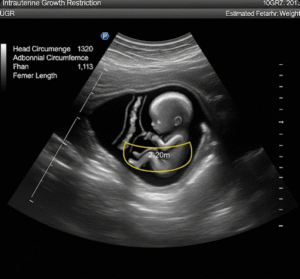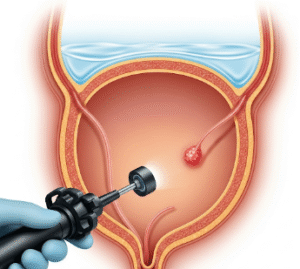Overview
Von Willebrand disease (VWD) is the most common inherited bleeding disorder, caused by a deficiency or dysfunction of the von Willebrand factor (VWF), a protein crucial for blood clotting. Individuals with VWD experience prolonged bleeding times, which can range from mild to severe. South Korea offers specialized diagnostic and treatment services to manage this condition effectively and improve patients’ quality of life.
What is Von Willebrand Disease?
Von Willebrand disease results from low levels or abnormal function of von Willebrand factor, which helps platelets stick to damaged blood vessels and carries clotting factor VIII. This defect impairs the body’s ability to form stable blood clots, leading to increased bleeding risk. VWD is usually inherited but can also be acquired later in life.
Symptoms
- Frequent nosebleeds
- Easy bruising
- Prolonged bleeding from cuts or injuries
- Heavy or prolonged menstrual bleeding
- Bleeding from gums after dental procedures
- Excessive bleeding after surgery or childbirth
- In severe cases, internal bleeding into joints or muscles
Causes
- Genetic mutations affecting the production or function of von Willebrand factor
- Acquired conditions such as autoimmune diseases, certain cancers, or medications (rare)
Risk Factors
- Family history of bleeding disorders
- Being female, due to menstruation and childbirth-related bleeding risks
- Certain autoimmune or chronic diseases (for acquired VWD)
Complications
- Severe bleeding episodes requiring medical intervention
- Anemia due to chronic blood loss
- Bleeding-related complications during surgery or childbirth
- Joint damage from repeated internal bleeding (in severe cases)
Prevention
- Early diagnosis through family screening if there is a history of bleeding disorders
- Avoiding medications that affect clotting (e.g., aspirin, NSAIDs) without medical advice
- Careful planning for surgeries or dental work with hematology consultation
- Maintaining good oral hygiene to prevent gum bleeding
Treatment Options in Korea
South Korea provides advanced care for Von Willebrand disease, including:
- Desmopressin (DDAVP) – A medication that stimulates the release of stored von Willebrand factor and factor VIII
- Replacement therapy – Infusions of von Willebrand factor concentrates in severe cases
- Antifibrinolytic agents – Medications to prevent clot breakdown
- Hormonal therapies – To manage heavy menstrual bleeding in women
- Patient education and support – Guidance on bleeding risk management and lifestyle
- Specialized hematology clinics – For diagnosis, monitoring, and personalized treatment plans
- Genetic counseling – For families with inherited forms of the disease













